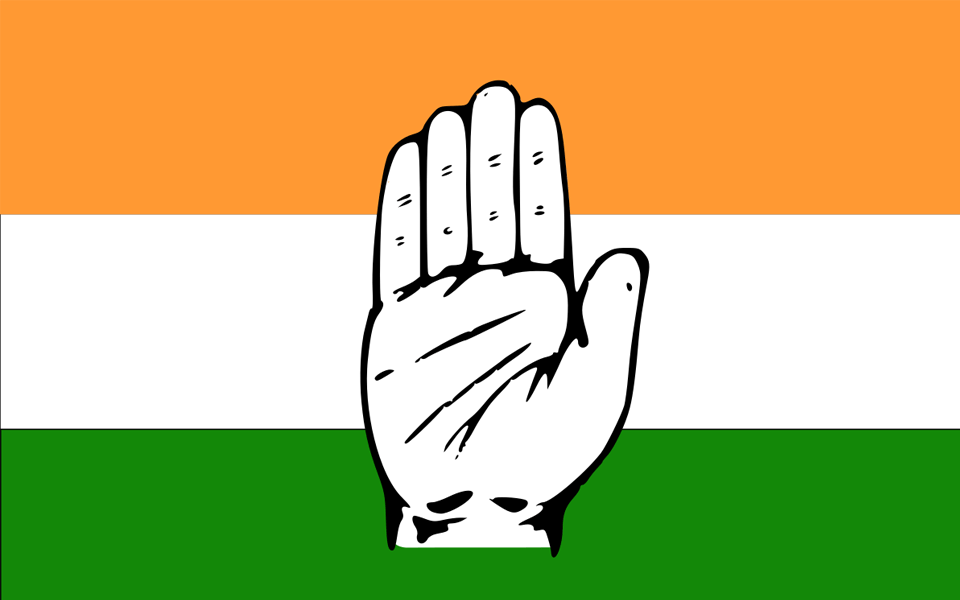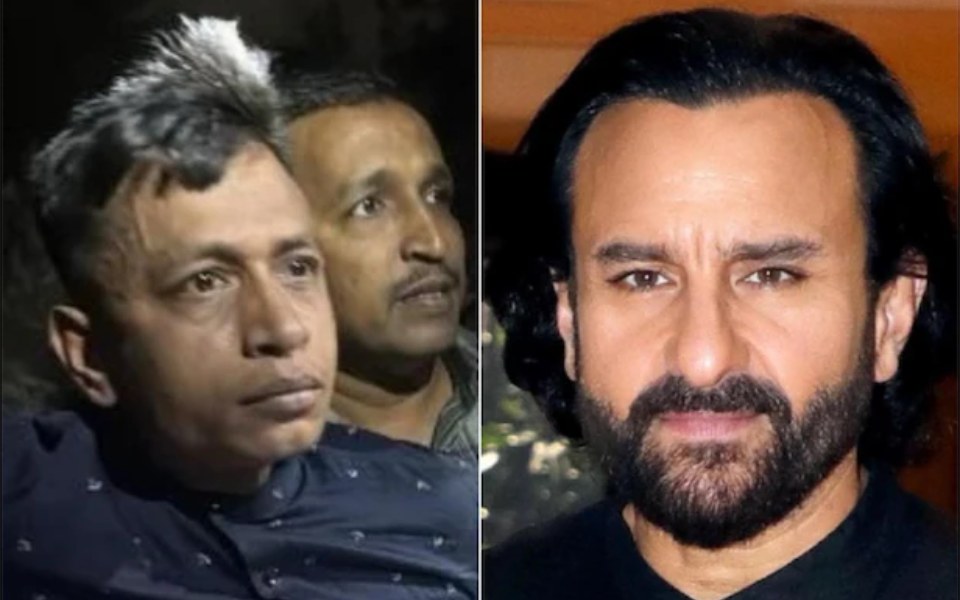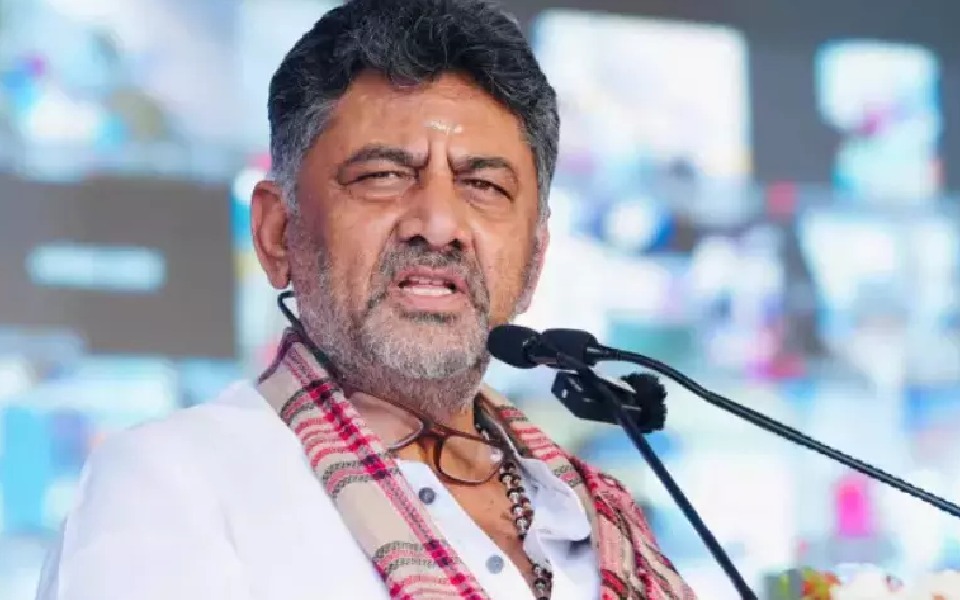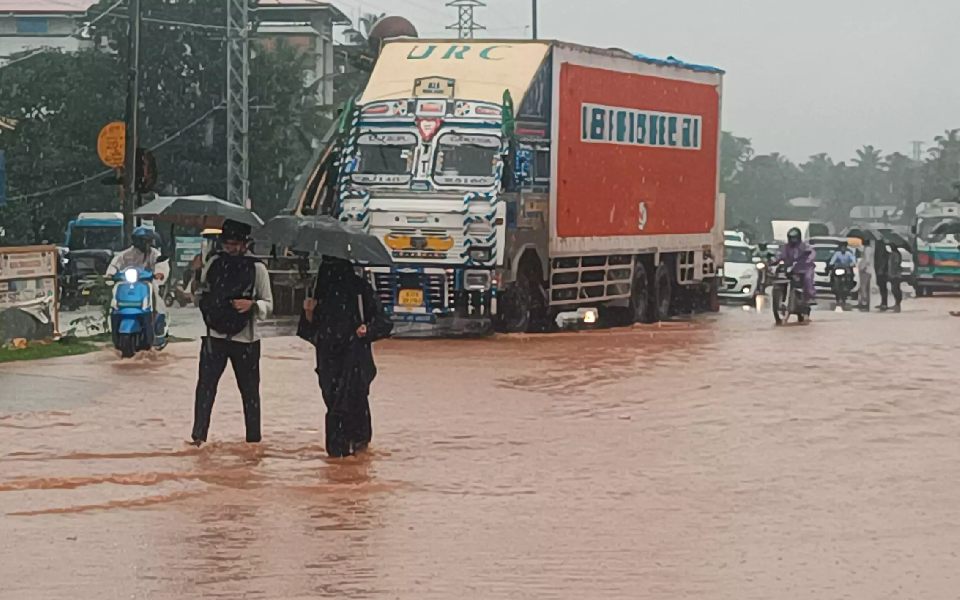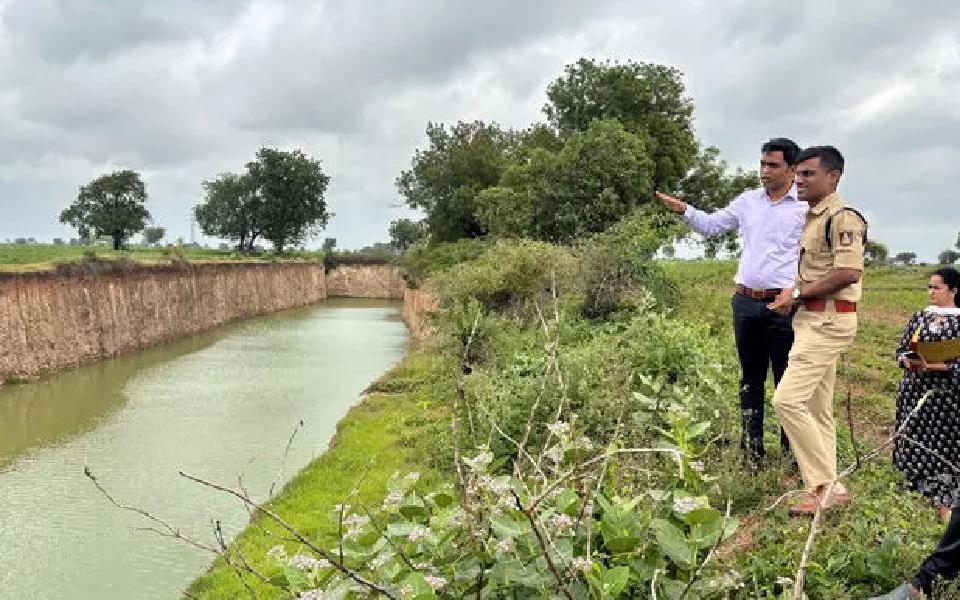New Delhi, Aug 13 : The Congress on Monday attacked Union Law Minister Ravi Shankar Prasad, saying he is "a habitual offender in weaving lies" and is "brazenly misleading people sewing together a web of lies" to save Prime Minister Narendra Modi on Rafale deal.
The party demanded that Modi government immediately set up a Joint Parliamentary Committee (JPC) to probe the Rafale scam and must answer to the questions raised by Congress President Rahul Gandhi.
The Bharatiya Janata Party (BJP) on Monday hit out at Gandhi, saying he is spreading a "blatant lie" against Prime Minister Modi and his government over alleged corruption in the Rafale deal to escape the Income Tax Department inquiry against him related to the National Herald case.
Congress spokesperson Randeep Singh Surjewala said: "Modi government's Law Minister is a habitual offender in weaving lies based on figments of his imagination.
"Today again he brazenly misled the people by sewing together a web of lies to save his master, Narendra Modi," he said.
Surjewala asked: "Who benefitted from the unilateral Rafale deal which snatched the Rs 30,000 crore ... contract from HAL, thereby benefiting a private entity...?"
"Why did BJP President Amit Shah deliberately hide his son's contingent liabilities and credit facilities worth Rs 97.35 crore and how did ‘Shah-Zaada' multiply his earnings by 16,000 times?" he said.
Surjewla said the Congress President on Monday asked the same questions that he has been asking from the Prime Minister as to what is the reason of secrecy behind the Rafale scam deal.
"Why did PM Modi bypass the Cabinet Committee on Security (CCS)? Why was Rs 41,000 crore loss caused to public exchequer by 300 per cent rise in the purchase price of Rafale planes from Rs 526 crore per aircraft to Rs 1,670 crore per aircraft?" said Surjewala.
"Why was India denied the transfer of technology to manufacture Rafale aircraft? Why was defence procurement procedure violated with impunity? The country feels sorry for the Law Minister, because instead of talking on the issue at hand, he was busy deflecting public attention by joining imaginary issues," he added.
Since Ravi Shankar Prasad was speaking about the secrecy clause and repeating the alibi which Modi gave during the "No-Confidence motion" debate, he should refer to the agreement between India and France concerning the protection of classified information and material in the field of defence and tell which paragraph states that the commercial cost of defence deals cannot be revealed, he said.
"During the No Confidence Motion debate, Modi was conveniently hiding behind the statement of French Government for not disclosing the price.
"PM's stand is inconsistent with the statement made by French President Emmanuel Macron on March 8, 2018 in an interview to a prominent news channel, stating that 'if the Modi government wanted to disclose some of the details to the opposition and Parliament, he won't interfere in such a discussion'.
"Where does the French President say that the commercial cost of the Rafale deal cannot be disclosed?" Surjewala said.
Let the Truth be known. If you read VB and like VB, please be a VB Supporter and Help us deliver the Truth to one and all.
Mumbai, Jul 25 (PTI): Police have opposed the bail plea of the Bangladeshi national arrested for allegedly stabbing Bollywood actor Saif Ali Khan with a knife and injuring him at his home here in January this year, telling a Mumbai court there was "strong evidence" against the accused.
Citing a Forensic Science Laboratory report, police reiterated before the sessions court their earlier claim knife fragments that got lodged near the actor's spine during the attack as well as a part found at the crime spot have matched with the weapon recovered from the accused, Shariful Islam.
These three pieces were part of the same weapon (knife) used to attack the filmstar, the police said in a written response to the accused's plea submitted in the court on Thursday (July 24).
Khan was repeatedly stabbed with a knife by an intruder inside his 12th floor apartment in upscale Bandra on January 16 during a robbery attempt.
The 54-year-old actor underwent surgery at Lilavati Hospital to remove a piece of knife that got lodged near his spine during the attack. He was discharged from the private hospital after five days.
Shariful Islam, a Bangladeshi national, was arrested two days later for allegedly stabbing Khan.
The police, in their response, highlighted that the accused is a Bangladeshi citizen residing illegally in India.
If granted bail, there was a possibility that he may flee India and not appear before the court during the trial. The crime committed by the accused is of a "very serious nature, and strong evidence" is available against him, they argued.
In his bail plea, filed through advocate Vipul Dushing, the accused asserted he was innocent and had no prior criminal record.
Investigation into the case has practically concluded with only the filing of a chargesheet pending, the accused contended while seeking bail.
The alleged attacker has been booked under Bharatiya Nyaya Sanhita (BNS) sections related to house trespass, robbery and dacoity with attempt to cause death or grievous injury.

